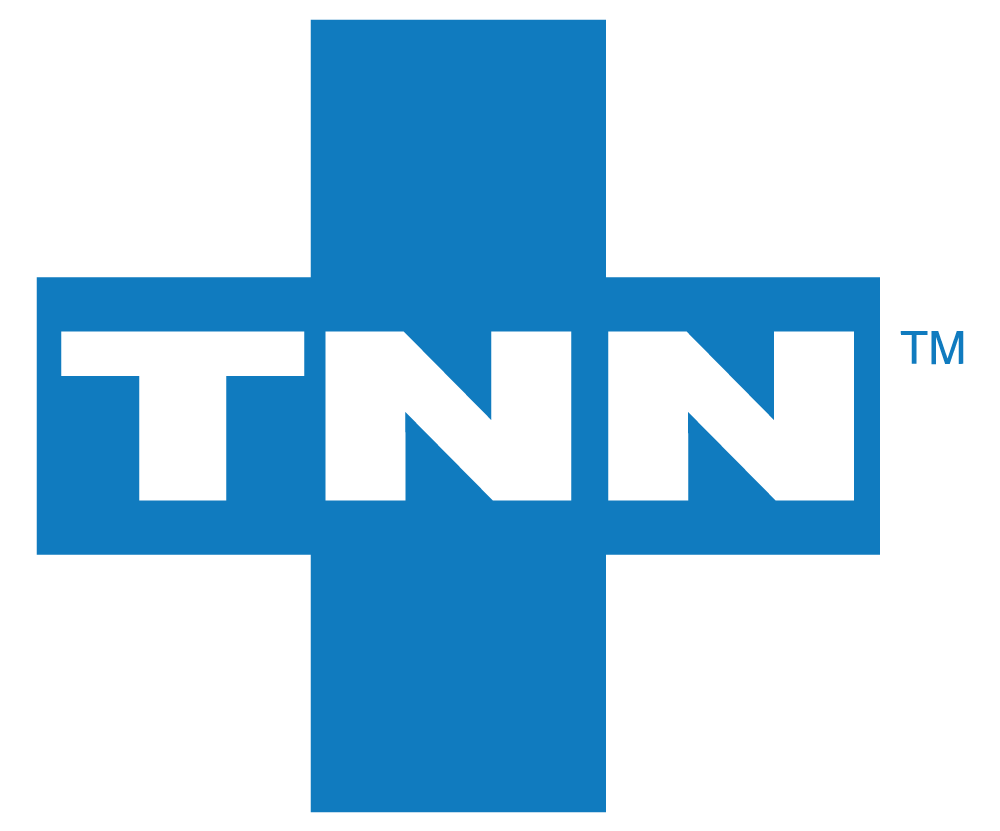
TNN Bulletin
Do you hold yourself to high standards as a registered nurse? Do you enjoy connecting with others in meaningful ways? Do you enjoy a good challenge?
If you said yes, Intensive Care Unit (ICU) nursing, also known as critical-care nursing, could be a good fit for you.
ICU nursing is a distinct and rewarding career path that necessitates advanced clinical training. This post will teach you the fundamentals of ICU nursing, as well as the necessary training, standards of practice, and the unique benefits of being an ICU nurse.
ICU Nurse Definition
ICU nurses care for patients who have life-threatening medical conditions, illnesses, or injuries in the Intensive Care Unit. Patients in the intensive care unit are considered unstable and are closely monitored around the clock.
ICU nurses have a difficult job. They must constantly monitor their patients’ conditions, which requires them to be decisive, understand complex instructions, and communicate effectively.
On top of maintaining high levels of critical thinking and preparation at all times, ICU nurses frequently participate in life-saving interventions such as intubation, vasopressor administration, and CPR.
An ICU nurse’s responsibilities, according to #EveryNurse.org, typically include:
- Cleaning and bandaging wounds on patients.
- Monitoring life-support equipment like heart monitors.
- Responding immediately to changes in the patient’s condition.
- Vital signs such as heart rate, respiratory rate, and body temperature are assessed.
- Medication administration via intravenous tube, gastric tube, orally, by injection, or other methods determined by the patient’s condition.
- Blood product infusion and reaction monitoring.
- Caring for the patient’s body quickly following death and arranging transportation to a hospital, burial facility, or morgue.
- Identifying patient needs based on age and level of consciousness and developing a care plan to meet those needs.
- Identifying and treating patient illnesses and injuries.
Care Standards
The policies of each healthcare facility and the American Association of Critical-Care Nurses govern ICU care standards (AACN). The following standards from the AACN are widely accepted:
- Every hour, check and record vital signs.
- Every 4 hours, a complete assessment and documentation are performed.
- Lab draws are usually done at least once a day.
- Every 2 hours, repositioning and skin integrity checks are performed.
- Every shift, wound care is provided.
- Continuous telemetry monitoring is evaluated on a regular basis.
- Continuous critical thinking to identify worst-case scenarios for each bodily system, as well as systematic preparation for each scenario.
What Are The Required Training?
ICU or critical-care nursing is a specialized job that necessitates extensive training and certification.
Healthcare facilities only hire ICU nurses who have earned AACN certification to ensure high standards of excellence. There are four Critical Care Registered Nurse (CCRN) certifications available:
1. CCRN (Adult)
This is the most common type of CCRN certification. Nurses with this certification can provide care anywhere. They can work in intensive care units, cardiac care units, surgical intensive care units, transportation and flight operations, and other trauma units.
2. CCRN (Pediatric)
This certification allows nurses to provide care for infants, children, and adolescents.
3. CCRN (Neonatal)
This certification allows nurses to specialize in the care of newborn infants. The first month after birth is referred to as the “neonatal” stage.
4. CMC (Adult)
Adult cardiac care is provided by nurses with a Cardiac Medicine Certification.
Unique Benefits & Rewards
The hands-on, high-intensity environment of the ICU makes critical-care nursing unique in several ways.
ICU patients require constant monitoring and care.
Therefore, critical care nurses typically only work with one or two patients at a time. This can lead to deeper, more intimate connections between nurse and patient, which many ICU nurses cite as a major reward of the job.
These close connections often reach beyond the bedside to the patient’s extended family, as nurses are frequently responsible for providing families with updates on their loved one’s condition.
In addition to these meaningful patient-caretaker relationships, any time an ICU patient makes a recovery, critical-care nurses have the rare opportunity to observe an amazing success story.
Join Total Nurses Network on a Travel Nursing Adventure!
Total Nurses Network offers exceptional, high-paying career opportunities for nurses, including ICU nurse jobs, ranging from travel to per diem assignments.
Total Nurses Network offers exceptional, high-paying career opportunities for nurses, including ICU nurse jobs, ranging from travel to per diem assignments.
Apply now to become a member of the Total Nurses Network Family!








